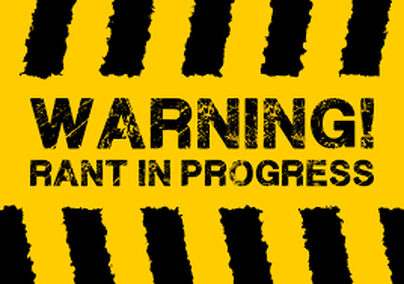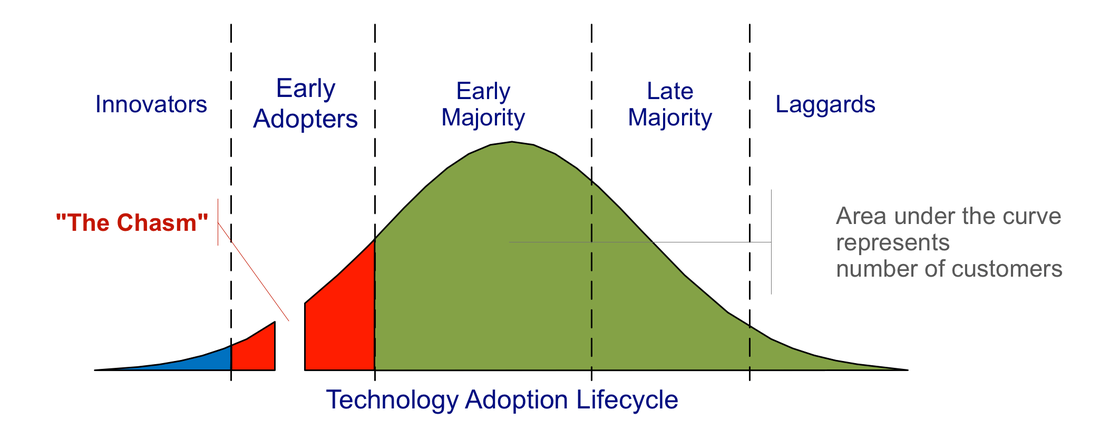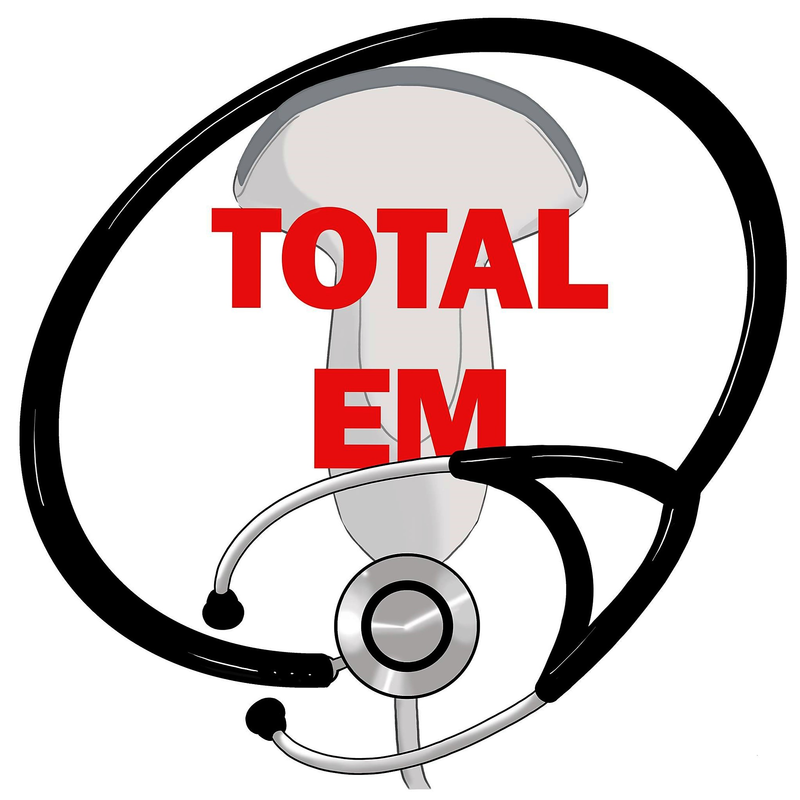|
Fritz Fuller, PA-C is back for another great podcast this time for our inaugural Rural Rants which features a discussion on night shift as well as early adopters. With Rural Rants we talk about the unconventional or at least approach topics in a way that many do not want to talk about in traditional academic settings. Not only do we rant, but we come up with ways to improve and develop solutions.
As a brief aside since it was mentioned early in the podcast, the Ultrasound Leadership Academy is a great resource where clinicians have the opportunity to gain fellowship level training in ultrasound without having to move or lose a year of work. The image above (borrowed from here) might suggest that this ranting is dangerous, but it is actually to help bring about a point and find solutions. With that said, let us begin the ranting.
Night shift is a lifestyle to say the least. The night shift is fraught with the interesting and the strange. It can be the place where patients come after a long night of drinking or for that chronic condition nagging for years that for whatever reason needed to come to the department that night. The distinct patients also come at a unique time when many parts of the hospital may not be open or readily available, especially in a rural center that may only have certain departments staffed during daytime hours. Those who practice at night need to be at the top of their game. Confidence is needed to know when to make decisions without the unnecessary phone calls or consults that will eventually lead to the fatigue of those called upon. This is not to suggest going without what is available, but to choose wisely when that trigger needs to be pulled. Overall, the night shift itself can be one of the most interesting and challenging environments many will get the opportunity to practice. Those who are truly the nocturnist type or night-shift worker will appreciate certain struggles. No matter who knows about the shift and the potential lifestyle, ultimately events will take place at the most inopportune of times. For example, that mandatory meeting that is right in the middle of the usual sleep schedule for the night shift worker. Another example is of the series of phone calls or texts from individuals, especially family or colleagues, who either do not know or do not care that the night shift life requires some version of sleep and usually at their daytime hours. That does not mean one should never call or text, but as we choose to call them only when needed (and not to discuss dinner plans in the middle of their sleep) please do the same for us. Also, attempt to find times when such activities can be scheduled that would be of benefit to everyone. For example, talk about preferred times for meetings or phone calls. Remember, fatigue can be a major issue with night shift. This is especially an issue for those who are usually not working the night shift, have a lack of sleep due to said activities from above, or eother reasons such as family. Fatigue can lead to poor decision making and can even be dangerous outside of the hospital including the drive home. By making night shift the routine and not the exception (or placing someone on a day shift when they work exclusively nights) this allows for safer practice. Should this not be possible though, it should be acceptable to call for help and to allow patients when possible to sit and wait for a fresh set of eyes to help evaluate the problem. There is growing evidence for Decision Fatigue,especially in medicine and this is a growing concern. Scott Weingart included this in his "How Not to be a #ResusWANKER" talk. Also remember that there are simple ways to allow for a "reset" for decision fatigue such as eating or taking a brief walk.
Early adopters are people who incorporate new ideas more readily. The graphic above taken here from EmCrit discusses this in even more detail. Early adoption has its benefits and limitations. Essentially, with early adoption there is the potential benefit to stay ahead in medicine but it runs the real risk of developing too quickly when later research may show little benefit. A recent example of one such concept is potentially ketofol as we discussed in a previous podcast. Yes, ketofol may still have benefits but it may not be as useful as it was once held. What we want to avoid for ourselves and our patients are being late adopters, especially the "laggards" as it may be said. Laggards could be described as those who graduated medical school in the 1970s but still practicing the same medicine without ever really advancing to the information made prevalent today. These individuals are the ones who benefit most from department policies or other guidelines when others in the department may have already been practicing this way.
Fritz gives an excellent example of how early adoption can have potential benefits. In a recent case, he treated a patient with Cannabinoid Hyperemesis Syndrome using capsaicin cream. However, the research is very limited but when pushed in a corner this decision was made with success for the patient. Early adoption is not for the faint of heart. It requires researching the evidence first hand and making critical decisions. Furthermore, when possible, it is best to discuss this with the patient that will receive the treatment. Although we should be working more to incorporate shared decision making with our patients in general, this is one of those times to consider it even more seriously. Remember, the patient is the one who will receive this treatment which could have unforeseen consequences. One tip for early adoption is to have an ally early. Having someone well known and respected to the department or to the people who may be involved could have great benefit. Make sure they have the research and the understanding, as well. Have these papers available. Fritz suggested resources such as Mendeley. Overall, the more people and resources on your side the better. In summary, night shift can be very enjoyable but it does have some real challenges both in and out of the department. However, with the right mentality and potentially lifestyle changes it can be rewarding with little detriment. Early adoption has many advantages and when used correctly can be of significant benefit both to the patient and the provider. The important part to remember though is to have the the evidence that demonstrates what is wanted and to have support in making that decision. What are your thoughts? Do you have things that you want to rant about? Tell us by looking us up on Libsyn, share on Facebook, retweet on Twitter, and rate on iTunes to help spread the word on TOTAL EM. If you have any questions you can comment below, email at [email protected], or send a message from the page. We hope to talk to everyone again soon. Until then, continue to provide total care everywhere.
0 Comments
Leave a Reply. |
Libsyn and iTunesWe are now on Libsyn and iTunes for your listening pleasure! Archives
August 2022
Categories |
||||||



 RSS Feed
RSS Feed